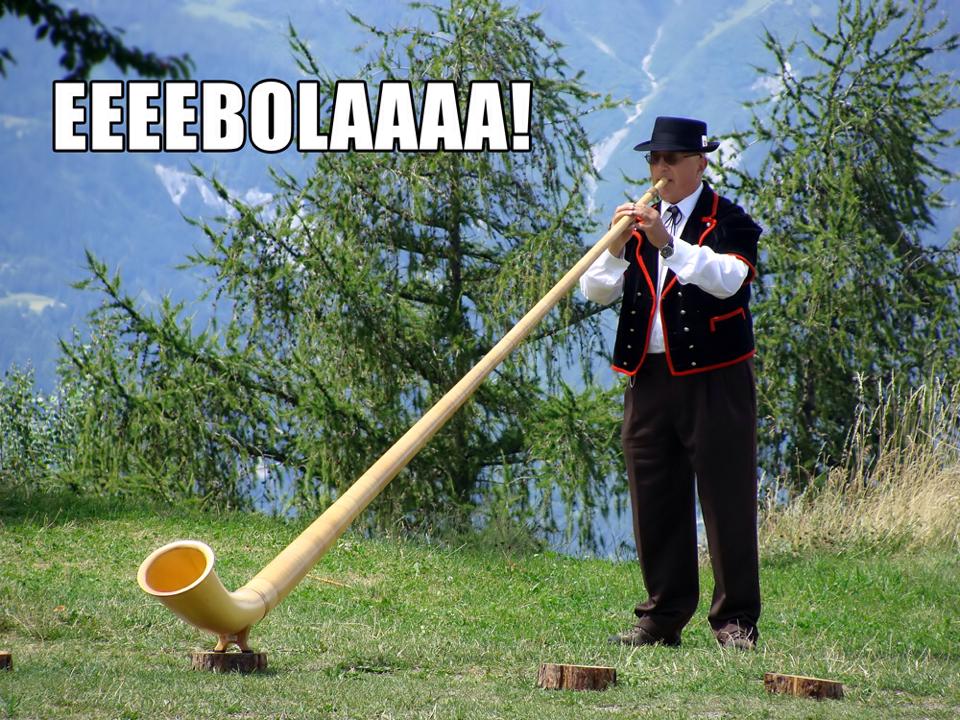Can Ebola be spread through a drop of water or carried through the water system?
"[The virus] will not remain for a long time in the water," Gonzalez says. "It's not a very rich medium to protect the virus."
It's important, he adds, to remember that viruses aren't as resistant outside the body as bacteria are. Rather, they depend heavily on the cells of their host — animal or human — for survival.
In water, the Ebola virus would be deactivated in a matter of minutes, Schmaljohn says. That's because each Ebola virus is encased in an envelope taken from the outer surface, or membrane, of a host cell.
So what about cells in water that are infected with Ebola? Could you get the virus from infected cells in contaminated water?
Infected cells don't live long inside a liquid that doesn't have the same salt concentration as in our bodily fluids.
Drinking water has a lower salt concentration than that found inside human cells. As water rushes inside the cell to balance the salt concentration, pressure builds ups. Eventually the cell bursts, killing the virus in the process.





















